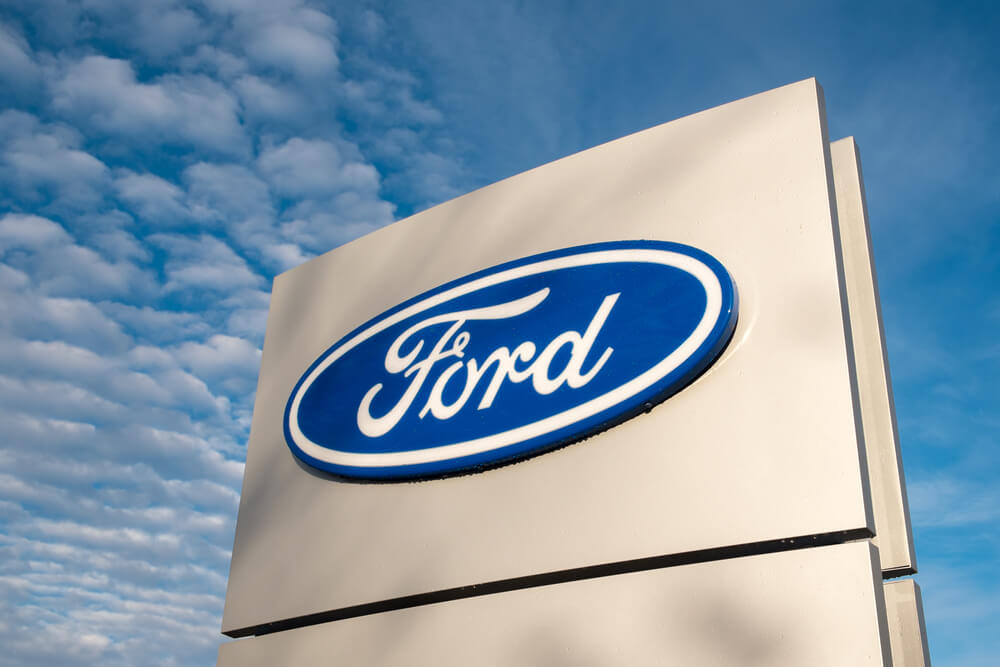



Get new exclusive access to healthcare business reports & breaking news




The American giant Ford Motor Company announced they will produce 1.3 million medical gowns for front line medical personnel during the COVID-19 crisis.
Ford has partnered with airbag manufacturer Joyson Safety Systems to undertake the cutting and sewing of the medical gowns. Ford and Joyson have set a target to produce 100,000 gowns per week.
After medical gloves, the second-most used piece of personal protection equipment is an isolation gown. These are usually made from waterproof material, with a snapback closure and long arms to keep healthcare professionals fully protected against any splash of bodily fluids.
The gowns have been in short supply and professionals talked about ways to extend the use of a gown past a single-use.
Strange as it may sound, the Nylon 6,6 fabric used in car airbags is an ideal material for making isolation gowns. The material is also used for parachutes, carpeting and garden hoses, and is sturdy enough to be washed up to 50 times while still maintaining its performance.
“This was really a great find,” said Ford director Marcy Fisher.
Ford consulted with a local hospital, Beaumont health, to refine the sewing pattern and help with the reusable design. Every gown produced has been tested to ensure that it meets the standards set by the American Society for Testing and Materials and the Association for the Advancement of Medical Instrumentation.
Ford partnered with ventilator-manufacturer Airon Corp, to train their workers and get the parts for a prototype Airon a small, private company specializing in high-tech pneumatic life support systems. Ford has also partnered with GE Healthcare. GE Healthcare provided its clinical knowledge, and will license the ventilator design from Airon Corp.
However, the Ford ventilator is relatively simple and is designed for patients being transported to hospitals in helicopters and ambulances. They don’t have some of the advanced features required by intensive care specialists. The unique design works on air pressure without needing electricity, making it ideal for use during transport.
Ford workers disassembled an Airon ventilator and used a 3-D scanner to create a computer model of each of the roughly 300 parts. Ford is set to produce 1,500 ventilators by the end of April. Ford’s goal is to produce 50,000 ventilators by the end of July and to have the capacity to produce 30,000 ventilators every month as long as they are needed.
“The Ford and GE Healthcare team is creative and working tirelessly. We’ve have found a way to produce this ventilator quickly and manufacture it meaningful numbers,” stated Jim Hackett, Ford’s president, and CEO. “By making this ventilator in Michigan, in partnership with the UAW, we can help front line health care workers save lives, and that’s our No. 1 priority.”
Gerald Kariem, vice president of the United Auto Worker’s Ford Department, said that “UAW Ford members are ready to step up and volunteer their work during this unprecedented time. We’re expanding the facility near Flat Rock to make ventilators and the Van Dyke Transmission Plant is making face masks for medical use.”
“The UAW will also continue to work with Ford to follow stringent CDC guidelines. We’re going above and beyond to make protections for these people who so proudly volunteer to serve their communities.”
While most of the big car manufacturers have stopped production, Ford is one of the few automakers that has redesigned its resources to join the COVID-19 fight. Companies such as Tesla and General Motors have also transformed some of their factory floors to help manufacture face masks and ventilators. Likewise, other businesses have stepped up to offer their manufacturing services, such as My Pillow CEO Mike Lindell. The Chaska, Minnesota-based pillow company has dedicated 75% of its production toward making face masks. Their goal is to manufacture 50,000 medical masks her day.
With so many companies all over the world fighting against the coronavirus, the world has a very good chance of getting this pandemic under control.